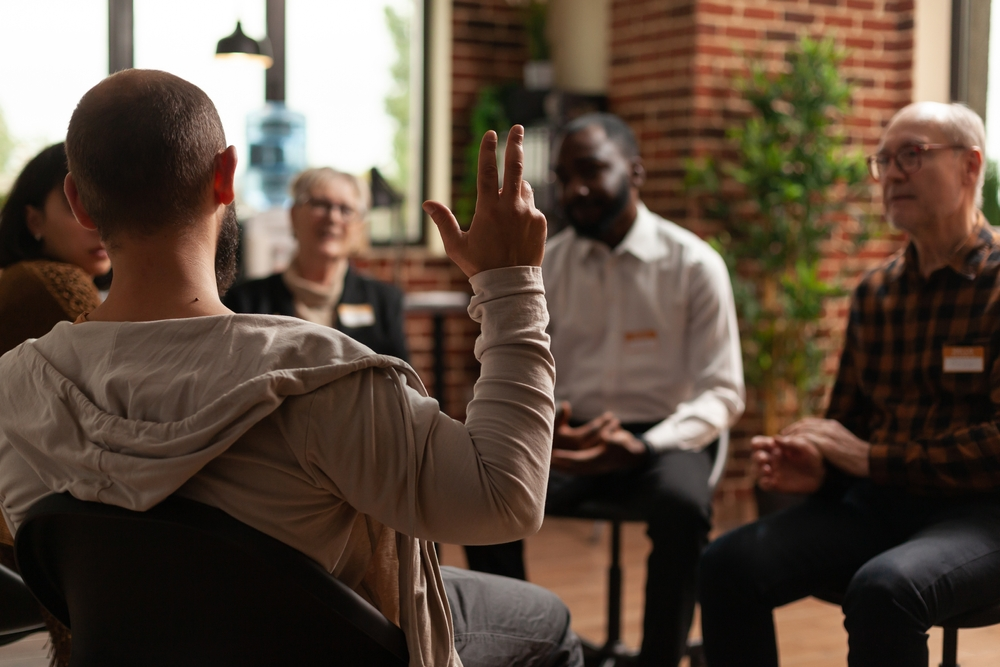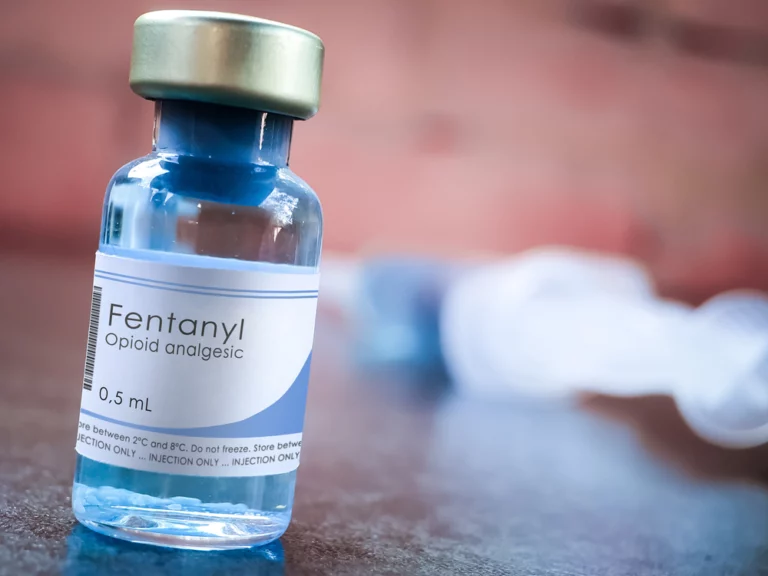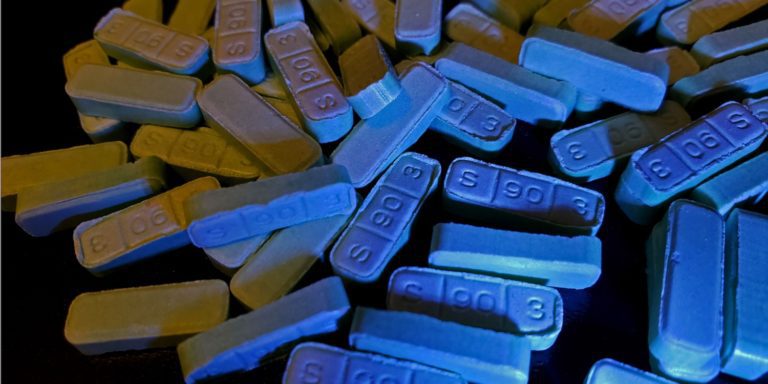Overcoming Your Alcohol or Drug Problem: You Don’t Have to do it Alone
Overcoming your alcohol or drug problem can be very difficult. It’s crucial to understand how to address addiction if you or a loved one is struggling with substance addiction or an unsafe habit. The first step in rehabilitation is recognizing that there is a problem and gaining more information about how to quit.
The first phases of rehabilitation are identifying the problem and understanding how to surmount it. Are you prepared to handle your drug addiction? This informative article will assist you in resisting cravings, avoiding relapse, and overcoming substance abuse.
How to Know if You or a Loved One has a Drug or Alcohol Problem
It can be hard to determine how severe your loved one’s drug addiction is. While people can abuse drugs without becoming addicted, drug misuse is often a precursor to addiction, therefore awareness of the risks is highly important. The following are common indicators of addiction:
- Changes in appearance – Drug addiction and substance use disorder (SUD) are usually indicated by noticeable physical changes. When a person becomes dependent on their drug of choice, they often neglect their personal hygiene and devote all of their time to seeking and consuming the substance. Their meal and sleep times may be neglected as well. Weight loss or a diminished appearance, in general, might be visible signs of neglect. Because drug and alcohol abuse can result in malnutrition, weight loss, poor skin, nails, and hair may be evident. Drug abuse may also result in skin color alterations and the development of sores on the face and body, dilated pupils, and dental issues.
- Behavioral changes – Drug use can alter a person’s behavior in many ways. The consequences are dependent on the type of drug and the person’s specific situation. These changes in behavior can include:
- Loss of interest in things enjoyed
- Lethargy
- Depression
- Mood swings
- Agitation

Patients experiencing co-occurring mental health disorders, psychosis, and other serious conditions may exhibit behavioral changes. These conditions may result in paranoia, violence, suicidal ideation, or hallucinations, all of which can result in harm to oneself or others. Seek medical assistance immediately if you notice this in order to prevent the person from doing so. Nearly half of substance use disorder sufferers have a co-occurring mental health condition, according to SAMHSA. However, these co-occurring disorders may contribute to or even drive addiction.
- Abnormal sleeping habits – Irregular sleeping patterns and daily routines can result from misusing drugs. Substance users may stay up all night, sleep at strange hours, and doze off in the middle of conversations. Users take stimulant drugs such as methamphetamines and cocaine to increase wakefulness and attentiveness. A stimulant high is frequently short and followed by an abrupt crash. Users seek one high after another to avoid the crash, but this results in consuming greater amounts of the drug and being unable to sleep for days. Opiates like heroin and some prescription painkillers slow down the brain. Opiates are sedatives that make us feel drowsy, relaxed, and sleepy. Using opioids makes us feel as if we have fallen asleep, but it reduces the quality of sleep. Increased opioid use can inhibit both non-REM and REM phases of sleep, resulting in diminished restfulness and fatigue. It can also disrupt sleeping patterns, causing someone to sleep at unusual times.
- Change in priorities – A person’s priorities can become dominated by drug addiction, making schoolwork, employment, and even family secondary concerns. Using drugs, specifically abusing them, can cause users to miss or be late to work. In addition to healthcare costs, substance abuse costs the United States over $450 billion annually, according to the National Institute on Drug Abuse. Poor workplace performance is one of the major reasons for this expense. Drug abuse may also result in someone lying or stealing from family or friends to hide or sustain their habits. Addiction may cause someone to lose their job, leave school, and struggle with other aspects of daily life. Because of the chaos caused by drug addiction, it is difficult to maintain an addiction while trying to repair it, making users more and more out of control.
- Legal issues – The majority of drugs are illegal in the United States, and using them can result in fines, criminal charges, and imprisonment. People who are incarcerated account for 65% of those addicted to drugs or alcohol. In addition, 20% of those in prison were under the influence of drugs at the time they committed their crimes. Medical issues, such as overdose, can result from drug abuse and addiction. Because users must consume higher and higher doses to experience the same effects with repeated drug use, tolerance develops. Drug overdoses accounted for the highest proportion of injury-related deaths in the United States in 2019, with over 70,000 fatalities. Fentanyl, a synthetic opioid, has been introduced into every illicit substance, making it impossible to avoid.
Is it Possible to Fully Recover From Addiction?
Addiction is a treatable condition. Scientists have learned a great deal about the science of addiction and substance abuse treatment, resulting in the creation of treatment methods that help people stop using drugs and live healthy lives. Drug addiction, like heart disease or asthma, is a chronic condition and therefore is not usually cured. Treatment, on the other hand, can help people counteract the damaging effects of drug addiction on their brain and behavior, allowing them to regain control of their lives.
The Process of Overcoming Addiction
An addict’s choice to stop using drugs is only the beginning; it is a multifaceted process that requires continuous effort, but with the appropriate assistance, it can be a very achievable goal. Anything is feasible once you make the decision to alter your life. The five stages of addiction recovery are precontemplation, contemplation, preparation, action, and maintenance. Here is more information on the different phases:
- Precontemplation – Those who are in the beginning stages of addiction recovery and are not yet prepared for treatment fall into this stage. Those in the precontemplation stage are defensive and provide endless justifications for their actions. Individuals frequently remain in the precontemplation phase because of a lack of information about addictive behavior or due to past disappointments with treatment and recovery options.
- Contemplation – When a person is at this phase, they are prepared to make changes, but not immediately. They are aware of the advantages of being drug-free in this phase, however, they are still aware of the advantages they receive from drug or alcohol addiction. This phase is critical for family members and treatment centers since the person will more likely listen to reason. By avoiding blame, judgment, and accusations, the individual can be guided to the next phase.
- Preparation Stage – Individuals in the preparation phase develop a strong desire to stop using drugs and alcohol as they prepare for sobriety. They frequently make plans to go to the gym or see a therapist, for example, or to try to quit addiction independently rather than going to rehab. It is common for people in this stage to abstain from substance abuse for a day or two, but it is also common for people to jump back to contemplation or precontemplation if triggered or confronted with difficult feelings.
- Action Stage – During the action phase, the individual has made substantial alterations to their lifestyle and is dedicated to sustaining sobriety. This phase of change is characterized by long periods of abstinence and a desire to seek out professionals either before or after a relapse. Because self-care and self-awareness are both present in this phase of treatment, counseling is required to maintain sobriety.
- Maintenance Stage – During the maintenance phase, the individual is working hard to prevent relapse. They also maintain their lifestyle changes, including getting regular exercise, engaging in recreational activities, staying sober, paying attention to sleep and hygiene, and attending support groups. They don’t experience the urge to use as frequently as those in the action phase, so their confidence increases and they believe in their ability to remain sober permanently. This phase lasts from six months to five years, depending on the severity of the addiction and the individual’s genes and experience. It takes a small number of people just six months to achieve the point where they don’t return to their addictive behavior. However, most people require two to five years to truly break the habit and solidify their changes.
The Most Common Causes for Relapse
It is not unusual for people in recovery from addictions to relapse at least once. Some people relapse several times before achieving permanent sobriety. The most common causes of relapse are:
- Stress – According to research, the top cause of relapse is stress. There is typically a strong desire for the drug, alcohol, or habit during stressful situations, particularly if it is the person’s default response.
- People – Those who were involved in your addiction are potential triggers for relapse, regardless of whether or not they are still consuming alcohol, smoking, or taking drugs. Likewise, certain locations that remind you of your addiction may be triggering for you. Even your family members, particularly those who make you feel more childlike and vulnerable, might be triggers.

- Negative emotions – Addiction impacts a person’s ability to tolerate, manage, and make sense of negative feelings. When challenging emotions creep back up to the surface, some may relapse on their drug of choice for temporary relief from those feelings.
- Seeing the drug of choice – Addiction-related cues may cause a relapse during recovery if they are not avoided. During the early stages of sobriety, you may be reminded of your addiction by the sight of people drinking cocktails in bars or restaurants or by smelling marijuana smoke.
- Special occasions – Birthdays and holidays are examples of positive triggers. You may feel happy, in control, and confident that you can handle one drink or one cigarette, but can you really keep it under control? Addiction frequently deprives individuals of the ability to know when to stop. Therefore, a single drink may turn into a binge.
Effective Recovery Strategies
There are many addiction treatment options that have been successful. Typically, the most effective treatments are a combination of various approaches and modalities.
- Behavioral therapies – Behavioral therapies such as cognitive behavioral therapy (CBT) assist patients in engaging with treatment, altering their drug abuse- and addiction-related attitudes and behaviors, and acquiring dependable life skills. These therapies can also enhance the effectiveness of medicines and help clients stay in treatment.
- Drug abuse and addiction treatment can be delivered in a variety of settings using a variety of behavioral approaches.
- Outpatient treatment – Outpatient treatment allows clients to visit a clinic on a regular basis while residing in a sober living environment. Drug counseling within an outpatient program is offered in individual and group settings.
- Inpatient Treatment – These treatment programs may be particularly beneficial to individuals with serious problems. For example, therapeutic communities are extremely structured programs in which patients remain at a residence for anywhere from 3 to 12 months. Drug users are influenced by their community, treatment personnel, and others in recovery, who work collaboratively to change patient attitudes, beliefs, and behaviors.
- 12-Step Support Groups – The 12-step approach offers support, inspiration, and accountability to individuals who are committed to overcoming their addiction. Regular meeting times and sponsorship are two elements that have long provided social support to those seeking sobriety.

Let Oasis Recovery Help You
Addiction can strike at any time. If you or a loved one are struggling with addiction, Oasis Recovery’s mental health services and individualized treatment plans can help.
Oasis Recovery was founded because of our personal experience with addiction and recovery, and we provide mental health services in addition to compassionate and open-minded care. We believe that everyone can overcome their addiction. Our specialists will help you develop an addiction recovery program that meets your requirements.
Addiction recovery is something we can assist you with. Contact us for more information. You no longer have to battle addiction on your own. We are here to help you.








